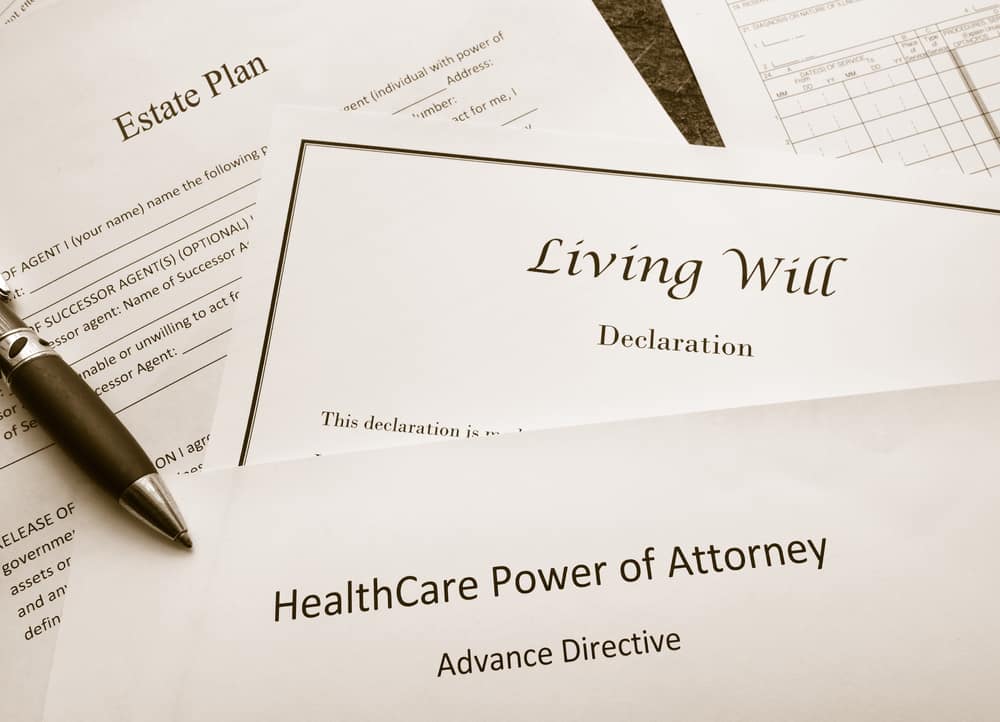There are plenty of good reasons to make an estate plan. One is the most commonly known reason, ensuring that your assets pass to the people intended. However, there are many other reasons that people may be less familiar with. For example, an estate plan can help ensure that someone can easily step in and handle your medical, legal, and financial affairs if you are incapacitated. They can also protect you, your property, and your family in several other ways. Remember that once you have prepared a plan, it’s essential to review and potentially update it regularly, particularly after any significant changes in your assets or family.
Protect Yourself
Does your family know what kind of medical care you want if illness or injury means that you can’t make your wishes known? Can someone access your bank account or otherwise deal with any financial or legal matters that arise if you cannot? Do you know there are legal facts to know when planning a funeral? One element of estate planning is making sure you have appointed people to deal with these matters if you are incapacitated. You can use different documents for this, such as a power of attorney or an advance health care directive. You may want to talk to an attorney about which types of documents would be most beneficial for your situation and location.
Protect Your Children
If you have minor children, a will is the easiest way to ensure that you have appointed the guardians that you want to care for them if anything happens to you. The process that family members or friends would have to go through otherwise could be extended, expensive, and stressful. However, there are other essential considerations regarding children as well. For example, you may want to consider strategies that will protect your children in case of any filial responsibility laws. You can review a guide on filial responsibility states and the law to determine if your children or other family members could potentially be considered financially liable for your care.
Protect Your Property
This may be the main reason many people make an estate plan, but there can be more dimensions than simply deciding who gets the house or how to split up a family heirloom. To start with, you should think about whether you want to use a will, a trust, or other vehicles to pass on your assets. Some people may use a combination of these.
For example, some assets may pass by beneficiary designation instead of a will. It may be best to discuss your particular situation with a financial or legal professional since the advantages and disadvantages will vary based on where you live and your circumstances. Some people prefer to use one or more trusts for many reasons, including having more control over how and when their assets are distributed to beneficiaries. Depending on where you live, it may be possible to title some of your assets, such as your home, so that it passes directly to a beneficiary.



